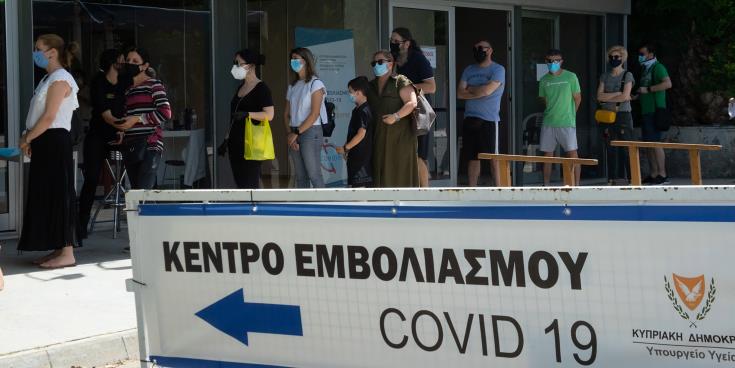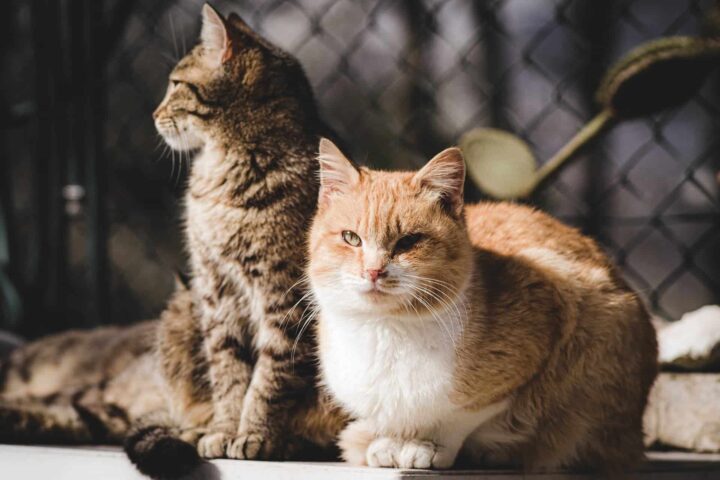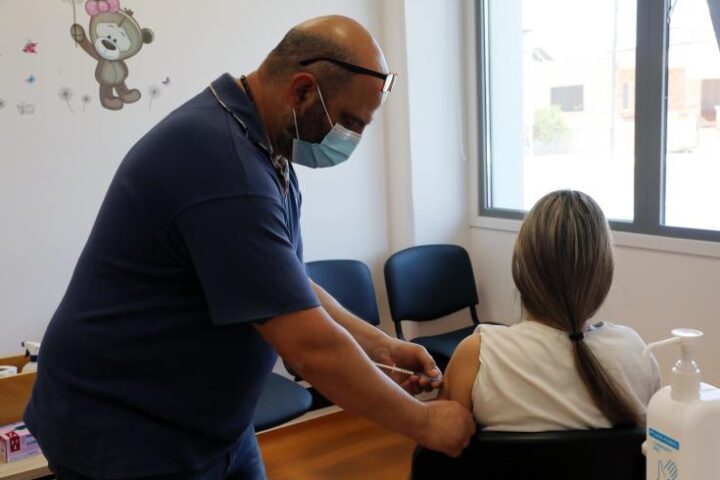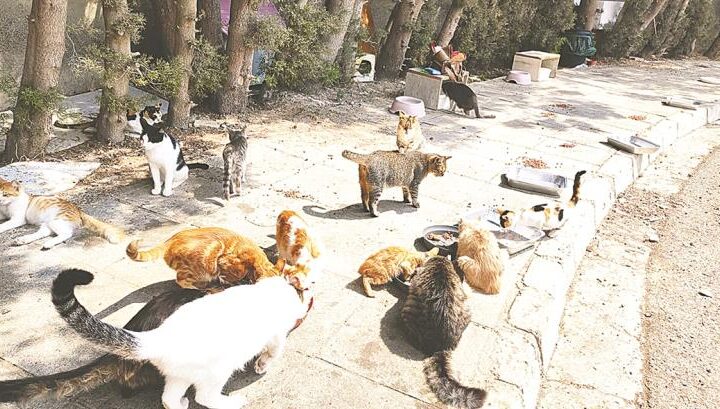It didn’t take long for another COVID variant to mutate into a scary monster prompting the world to hit the panic button on the eve of Christmas.
Cyprus wasted no time banning flights from South Africa and seven other countries, including Namibia and Botswana.
Ripples of unease have spread around the globe like coronavirus as Europe deals with a new wave of infections and lockdown rules.
The government has also unfurled a complex series of restrictions that it hopes will force people to get vaccinated without making it compulsory.
Children as young as six will be screened with mandatory masks in primary schools to ward off a surge in the virus.
After seven months, Cypriots who don’t get a booster shot will also lose their safe pass privileges, while the unvaccinated will soon be shut out of sporting, social and leisure events.
There are already rumblings from parents about the draconian measures, with some resistance expected.
Businesses are also moaning they are being told to police society and make them COVID aware.
Anyone over 14 will need digital proof they are COVID safe before entering any premises or public space; what could go wrong.
This time last year, Cyprus faced a similar spectre of lockdown restrictions amid rising infection rates.
The government has warned that if the situation does not improve, the lid on our social activity will be tightened.
It will need more than a few prayers from the Pope next week to get us through this coronavirus mutant jungle.
It’s difficult to look forward to the festive season when an unknown threat looms large to spoil the fun and your travel plans.
The SARS-CoV-2 Β.1.1.529 variant (given the Greek moniker Omicron) has scientists hiding behind their microscopes as it is the most heavily mutated version discovered so far.
Confirmed cases are still mostly concentrated in one province in South Africa, but there are fears it will spread as rapidly as the Delta variant.
Different beast
Scientists are most worried that its many spikes give it an ability to bypass vaccine protection, as jabs were based on the Wuhan strain.
In other words, this South African version is a very different beast from what has come before.
It constitutes a big leap in the evolution of COVID-19, which we had hoped would surrender to our superior firepower.
It is said to have 50 mutations and more than 30 on the spike protein, which is the target of most vaccines and the key the virus uses to unlock the doorway into our cells.
Certainly, there is much more we need to learn – COVID-19 is a relatively new virus – and the WHO has advised against knee-jerk reactions.
But as the WHO decided to give the latest variant a name from the Greek alphabet, it’s a clear sign of its increased threat.
It will take a few weeks to understand the impact of the new variant, as experts determine how transmissible it is.
So far, fewer than 100 sample sequences have been reported.
Cases have mainly been confirmed in South Africa and detected in Hong Kong, Israel, Botswana, and Belgium.
Only about 24% of South Africa’s population is fully vaccinated, which could spur a rapid spread of cases there.
The coronavirus copies our behaviour and evolves accordingly as its only mission is to survive no matter what we throw at it.
If we treat it with disinterest or challenge its validity, we are playing a game where the virus is best equipped to win.
Delta took COVID infections to a different level; Cyprus has recorded over 132,000 cases; a year ago, it was only 10,000.
If this new variant is more potent than Delta, a return of the dreaded lockdown regime will be inevitable.
Vaccinations, social distancing and mask-wearing are the only tried and tested weapons to get us through the night and maybe save our Christmas.
The alternative is a health service under pressure, an economy on its knees and a generation scarred by the coronavirus pandemic.
Our freedom to socialise has been comprised, but there is still a clear path to normality; it might take a jab or three to get there.










